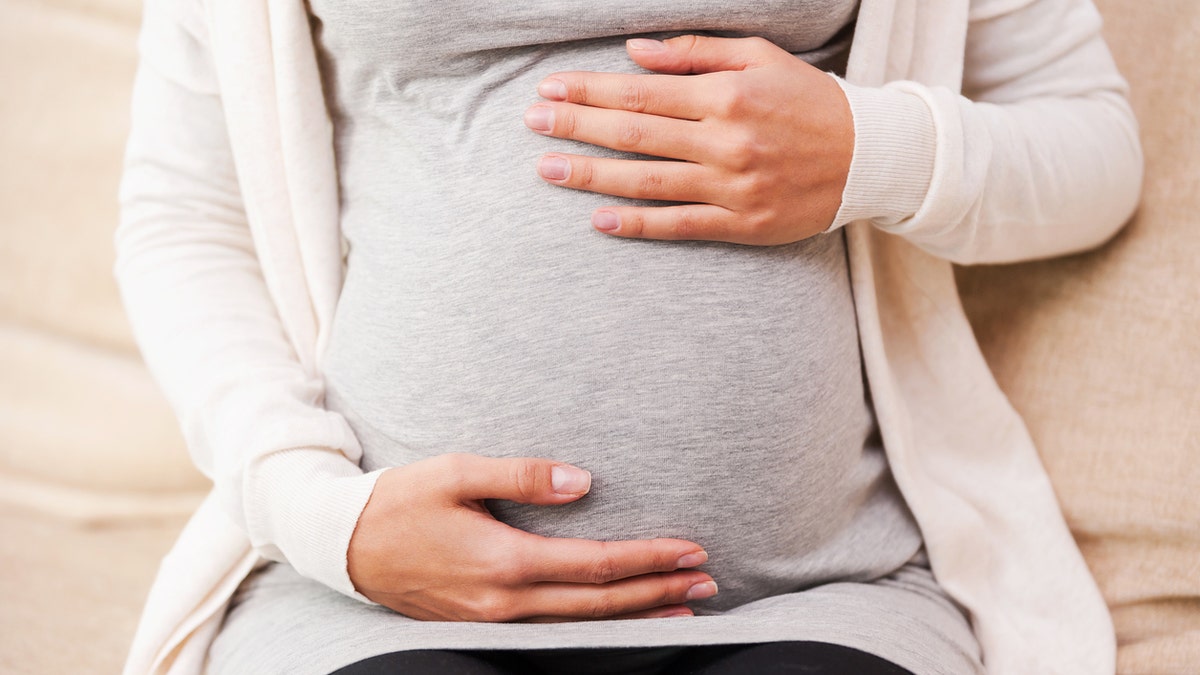
Should you call your doctor? (iStock)
New data released Friday revealed the number of women giving birth in the United States has hit a historic low, causing some to fear that the country is heading toward a "national emergency."
The number of births compared to the year before fell 1 percent, bringing the fertility rate in the U.S. to 62 births per 1,000 women between the ages 15 and 44, according to a Centers for Disease Control and Prevention's provisional 2016 population data.
The study found teenage girls and women in their 20s were having fewer babies compared to before. The birthrate among women in their 30s and 40s showed an increase, though not enough to prevent an overall decline.
DOCTORS WARN AGAINST PLACENTA PILLS AFTER BABY'S ILLNESS
The historic low has some experts fearing the nation is heading toward a "national emergency," causing economic and cultural turmoil, The Washington Post reported.
Experts, however, have an optimistic view of the future despite the low birthrates.
Donna M. Strobino, a professor of population, family and reproductive health at the Johns Hopkins Bloomberg School of Public Health, told the newspaper that millennials are the ones to be watching. Some believe millennial women are postponing parenthood, but others believe most are choosing to skip having children altogether.
'ALARMING' RAT LUNGWORM PARASITE SPREADING THROUGHOUT FLORIDA, RESEARCHERS WARN
Strobino said teens having fewer babies is a positive trend.
"What this is is a trend of women becoming more educated and more mature. I’m not sure that’s bad," Strobino said.
The U.S. also still has higher fertility rates compared to other developed countries. There's also more births compared to deaths.
Overall, the historic low shouldn't alarm people. Demographer William Frey told The Washington Post that when the economy takes an uphill turn, people will start having more children.








































